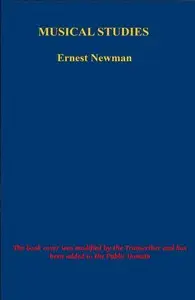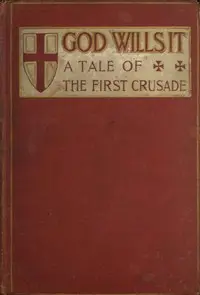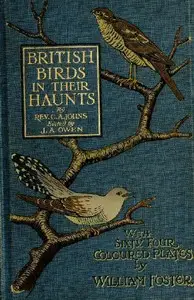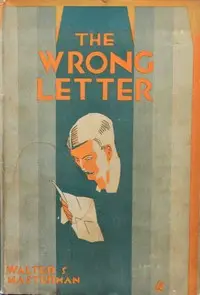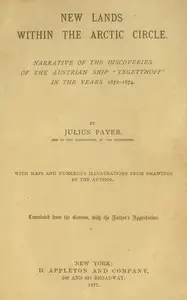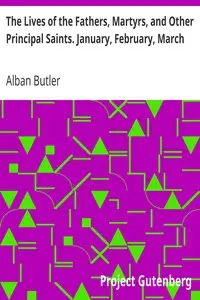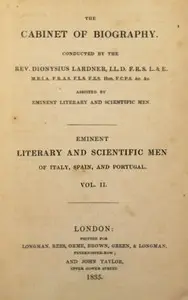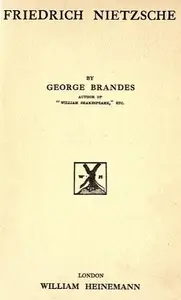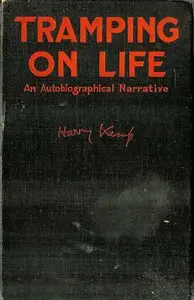"Wagner as Man & Artist" by Ernest Newman is a biographical study of the influential composer Richard Wagner, written in the early 20th century. This work explores Wagner's complex character and his artistic theories through a rich examination of his life, writings, and letters. The book aims to provide a psychological and chronological overview of Wagner, revealing his dual nature as a man and an artist, while addressing both his virtues and failings. The opening of the work introduces the author’s intention to dissect Wagner’s persona and artistic contributions in a nuanced way. Newman explains that while there is a wealth of biographical material surrounding Wagner, much of it has been either glorifying or overly critical. He contends that Wagner’s life was marked by both extraordinary creativity and profound personal flaws, making him a figure worthy of detailed scrutiny. Newman acknowledges the challenges of reconciling Wagner's self-portrayal in his autobiography with the perspectives of contemporaries and critics, laying the groundwork for a candid and multifaceted exploration of Wagner's life and works throughout the rest of the book. (This is an automatically generated summary.)
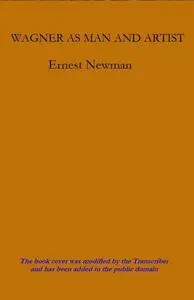
Wagner as Man & Artist
By Ernest Newman
"Wagner as Man & Artist" by Ernest Newman is a biographical study of the influential composer Richard Wagner, written in the early 20th century. This ...
Ernest Newman was an English music critic and musicologist. Grove's Dictionary of Music and Musicians describes him as "the most celebrated British music critic in the first half of the 20th century." His style of criticism, aiming at intellectual objectivity in contrast to the more subjective approach of other critics, such as Neville Cardus, was reflected in his books on Richard Wagner, Hugo Wolf, Richard Strauss and others. He was music critic of The Sunday Times from 1920 until his death nearly forty years later. His other positions included chief music critic of The Birmingham Post from 1906 to 1919, as well as brief stints as the chief music critic for The Guardian (1905–1906) and The Observer (1919).

